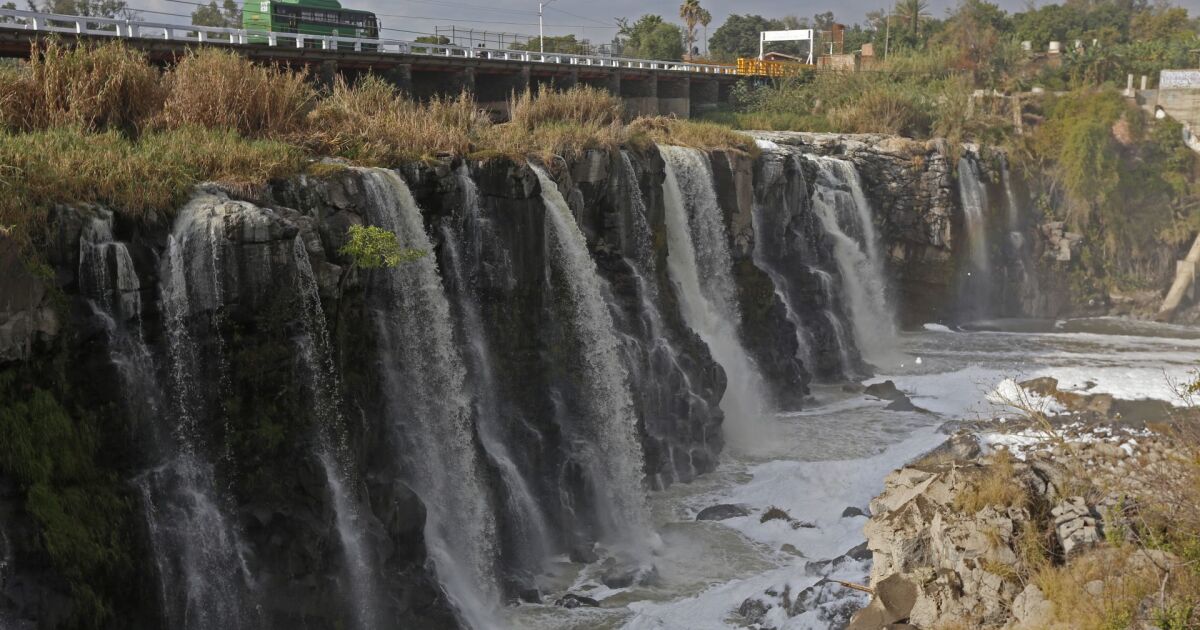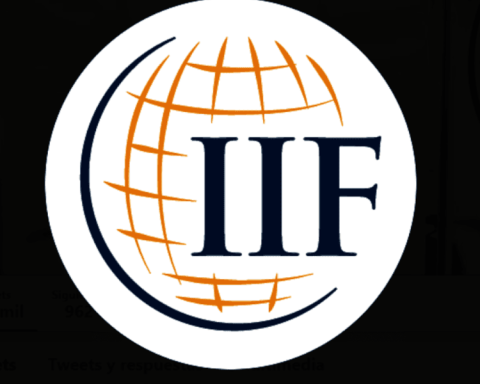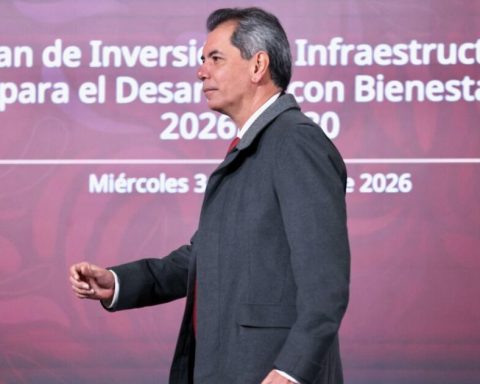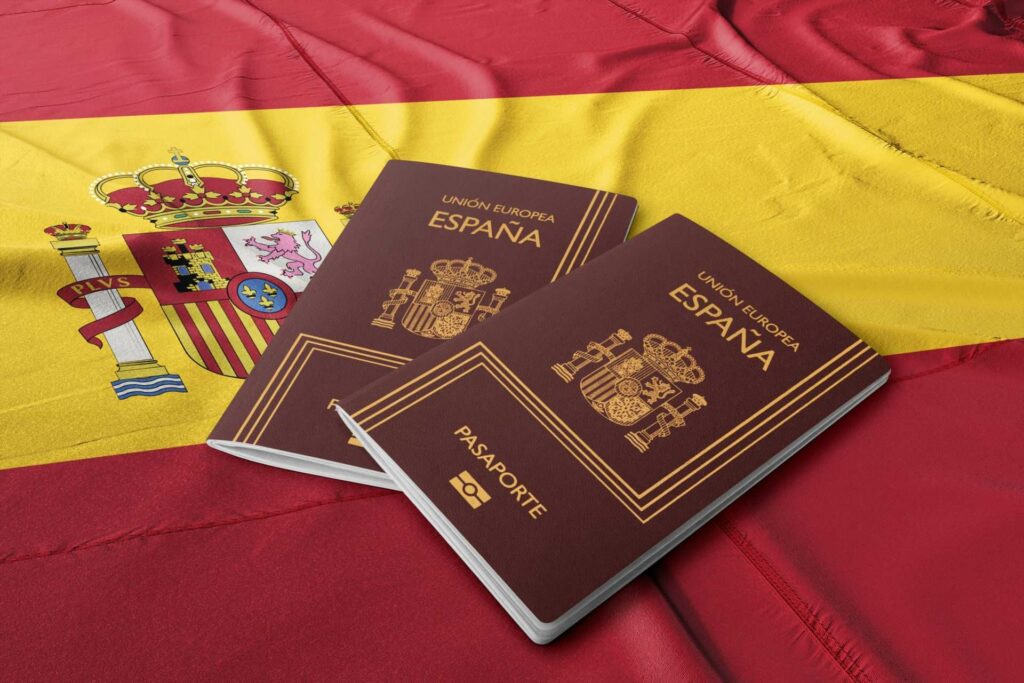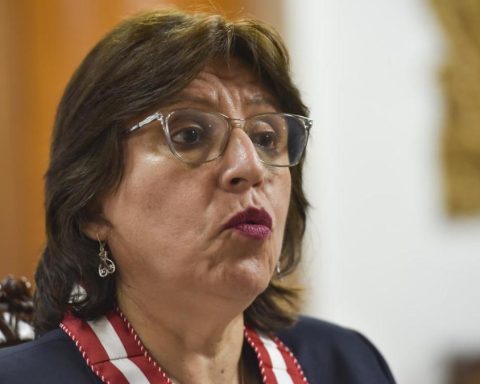We are now on our way back to Guadalajara, very proud of everything we have achieved in cleaning up the #RíoSantiago and motivated for what follows. Listen to this video, from the airport in Washington I tell you how it went with the Inter-American Commission on Human Rights: pic.twitter.com/ksvzJgCiFS
– Enrique Alfaro (@EnriqueAlfaroR)
October 20, 2022
The authority pointed out to the IACHR that to date, the water treated in the basin has gone from 64% to 75% with the authorization and construction of strategic treatment plants and collectors; It has been possible to contain the deterioration in the quality of the water and initiate the sanitation processes throughout the basin; productive reconversion was started throughout the basin; the comprehensive care strategy for the affected populations of El Salto, Juanacatlán and Poncitlán was launched; in addition to implementing the strategy to guarantee access to health for all affected inhabitants.
The representatives of the IACHR expressed their intention to convert the strategy “Revivamos Ríos Santiago” and the “Special Intervention Zone of Poncitlán” into a case study of public policies with a human rights approach for the hemisphere.
In July of this year, due to human rights violations derived from the high levels of contamination of the Santiago River, the National Human Rights Commission (CNDH) issued a recommendation addressed to federal authorities, to the governor of the state of Jalisco, Enrique Alfaro Ramírez, and the mayors of El Salto, Juanacatlán, and Poncitlán.
In said document, the agency points out that it accredited violations of Human Rights to a healthy environment, water and sanitation, health and the best interests of children, this due to the lack or insufficient implementation of prevention measures, mitigation and restoration of the water quality in the river, as well as the lack of attention to the health problems of the inhabitants of the neighboring communities.
Recommendation 134/2022 was issued after a complaint was received in November 2019 indicating the lack of actions to prevent and care for kidney diseases associated with contamination in the Santiago River.
According to the CNDH, this river is today one of the most polluted regions in Mexico, with high amounts of heavy metals coming from the industrial corridors on its banks.
